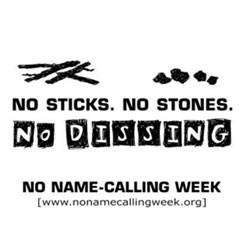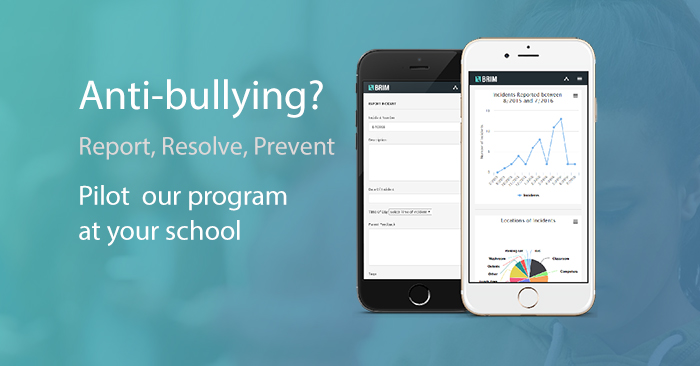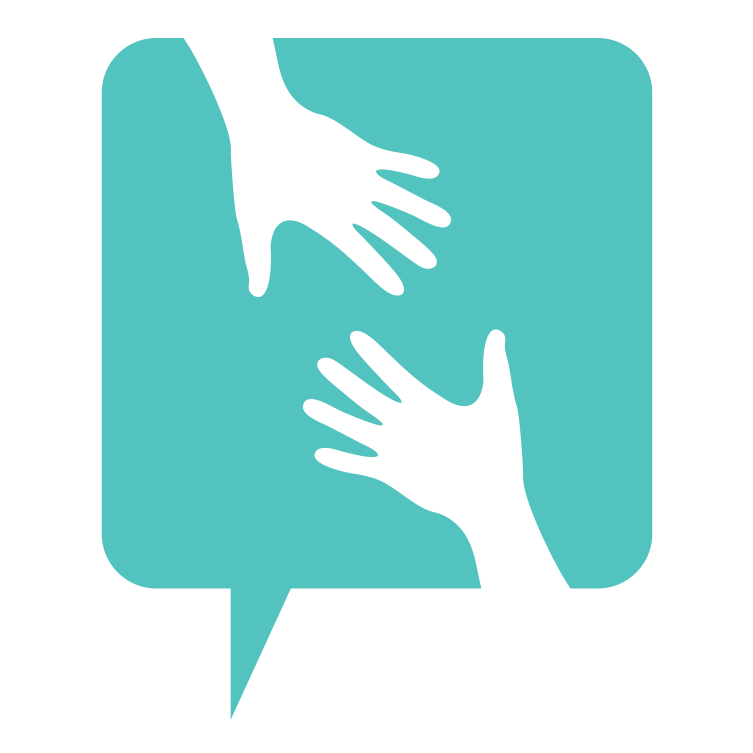In a recent call with a school administrator, they mentioned to me that they weren’t interested in tracking name calling incidents, didn’t consider name calling bullying and wouldn’t want students that call other students names labelled as bullies.
Now, one of the great parts of my job is that I get to speak with motivated and dedicated school administrators all around the world every single day! In this rare instance though, I was a bit taken a back.
“Sticks and stones may break my bones, but words will never hurt me” is a lie!
This couldn’t be more the case than with young students who have yet to fully develop a sense of self. From the perspective of a mature adult with the benefit of decades of experience, name calling can seem trivial. From the perspective of a child, words can break their spirit.
The Effects of Name Calling and Verbal Bullying:
If you’re not convinced that name calling is bullying, here’s a few facts:
- It’s easy to get away with. It can be whispered into a child’s ear or shouted across a noisy playground and is unlikely to arouse attention from adults. For every time an adult notices and take action, there could be dozens of instances going unnoticed. Even the strongest child’s defences can be worn down after repeated name calling.
- The subject of the name calling becomes dehumanized in the eyes of their peers and so becomes an easy target for others within ear shot of the name calling.
- When a child is repeatedly the butt of jokes and name calling, they become excluded from and may begin to fear group activities as well as lose out on important social experiences.
- Verbal abuse is the most common form of bullying used by both boys and girls and accounts for 70% of reported incidents. Can you say your school is taking bullying seriously if it’s turning a blind eye to the majority of incidents?
“Four eyes”, “big nose”, “queer”, “fag”
These words made up four of the five pages of Hamed Nastih’s suicide note which was found after he leapt to his death in Surrey, British Columbia.
You cannot assume a mature adult’s tolerance level when coming up with a definition of what is and is not bullying. What a mature adult would consider trivial can be crushing for a small child.
So Is Name Calling Bullying?
You know my answer already – Yes! Name calling IS a form of bullying, IS damaging and DOES have long lasting negative effects on children.
How Can You Stop Name Calling in Your School?
I would suggest starting by first acknowledging name calling for what it is – a prevalent and potentially devastating form of bullying – and making sure that all teachers and staff understand this.
Check out http://www.nonamecallingweek.org for great resources on tackling name calling at your school and consider taking part in no name calling week – Jan 21-25, 2013!



